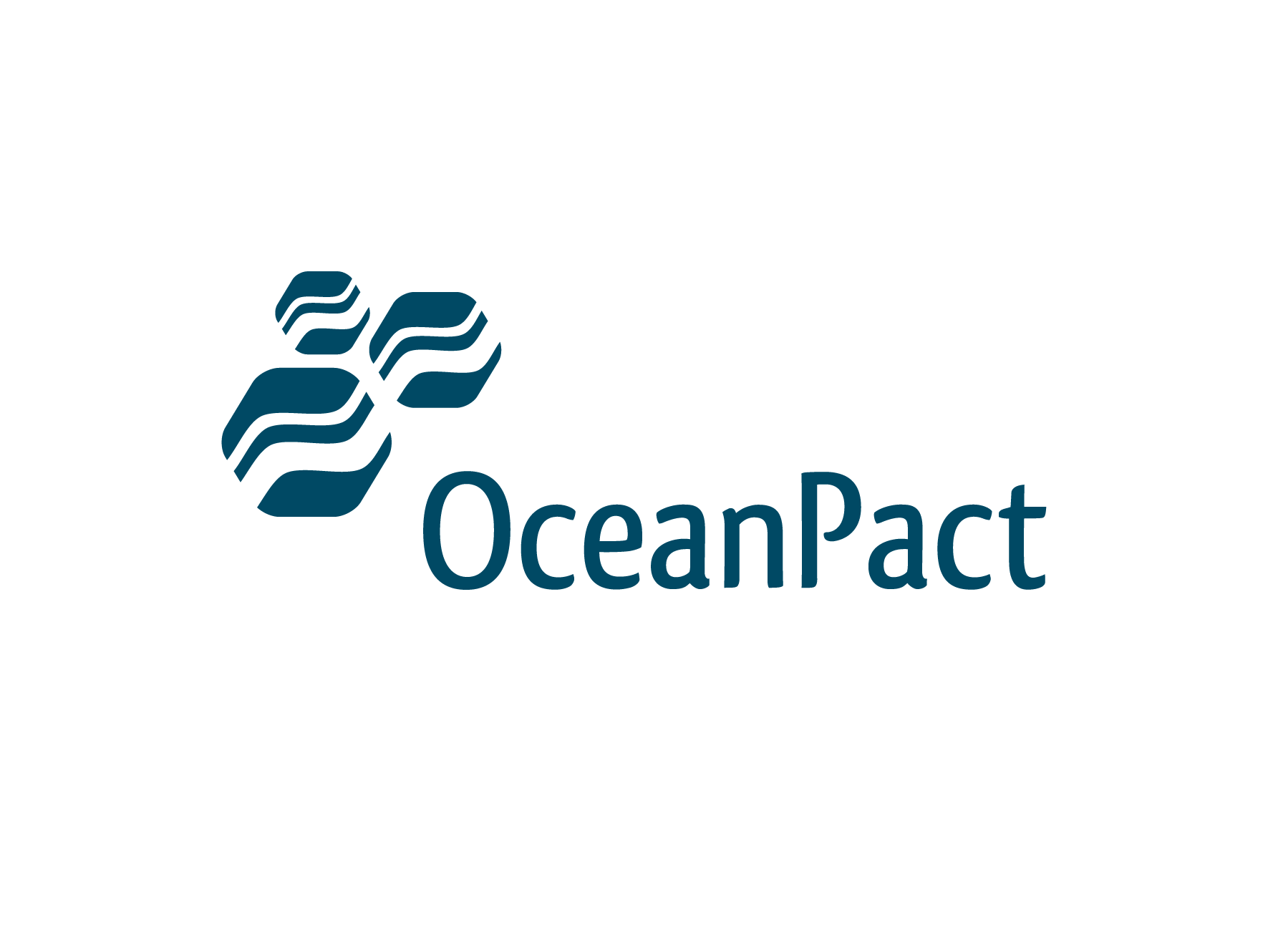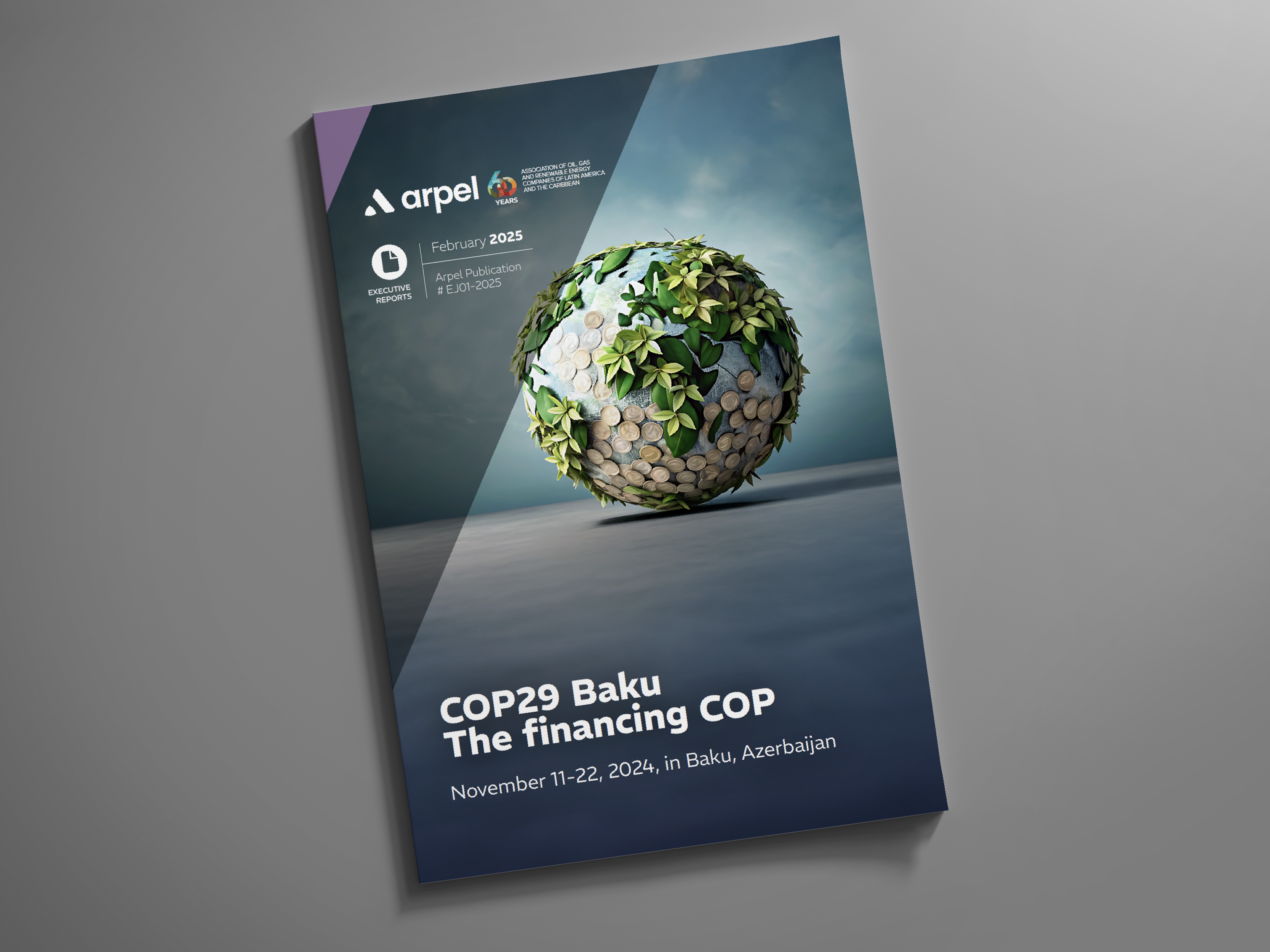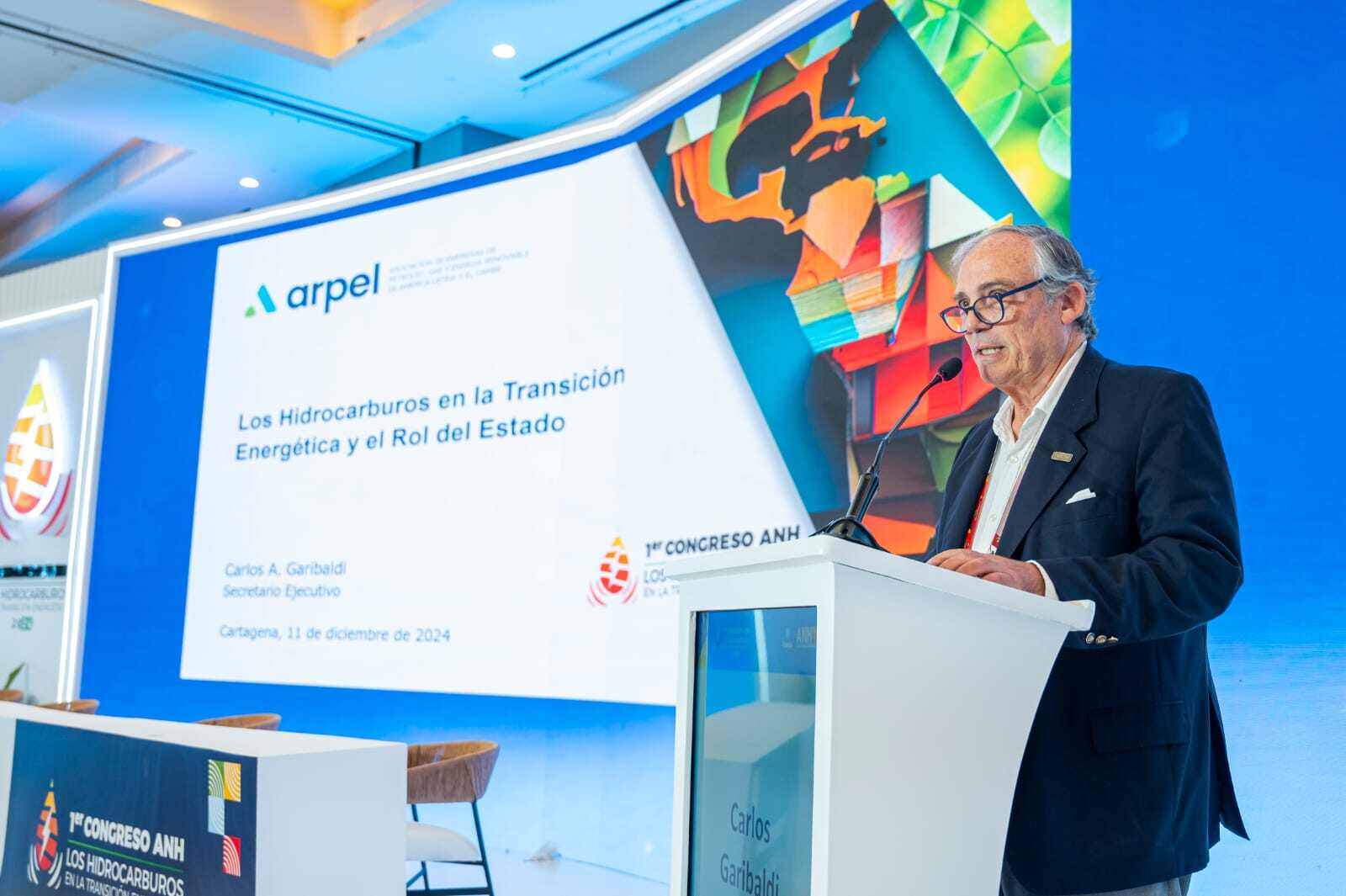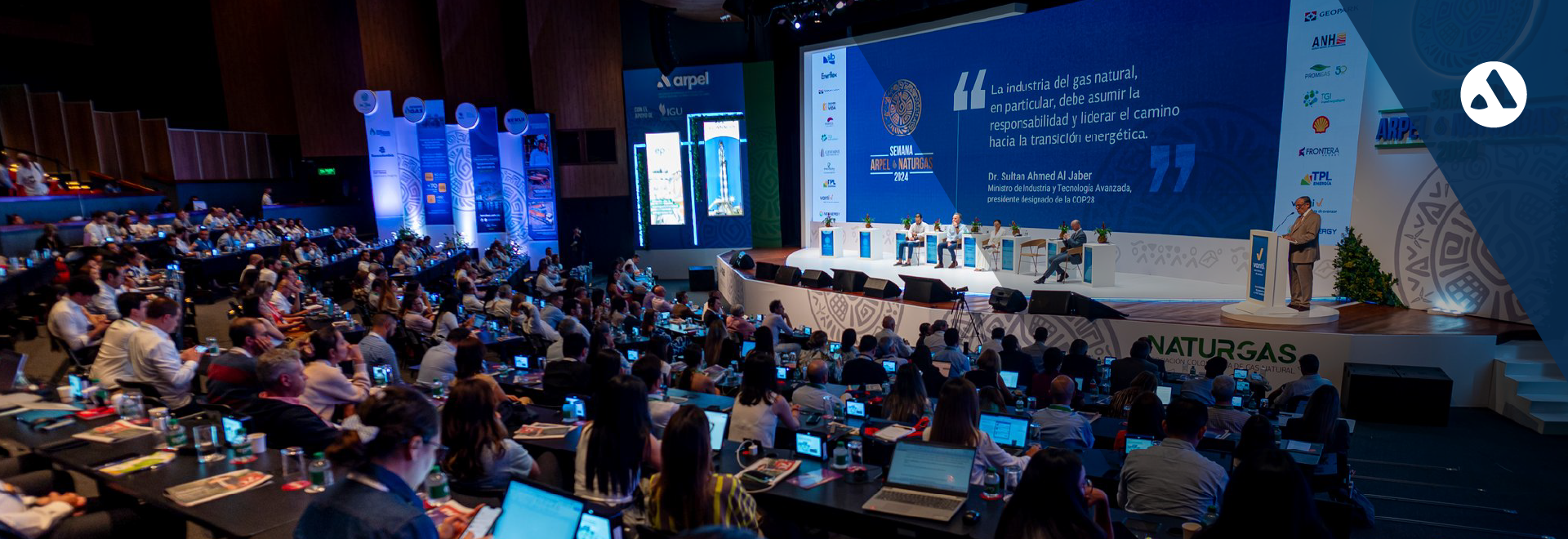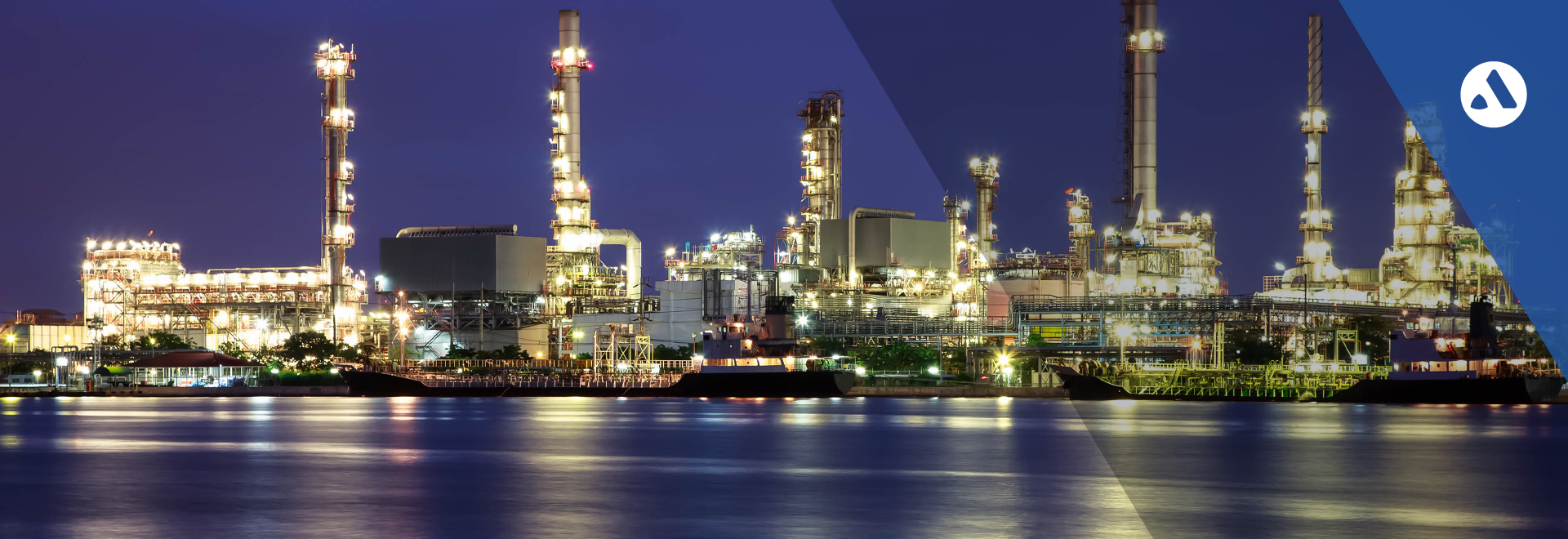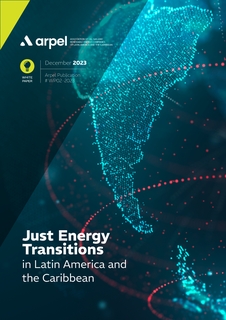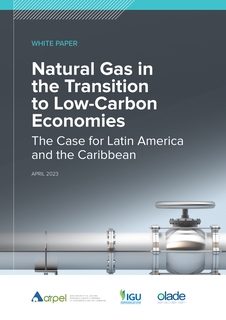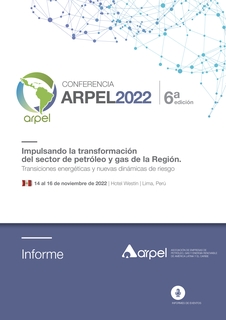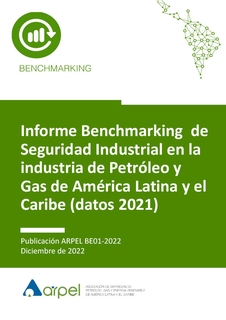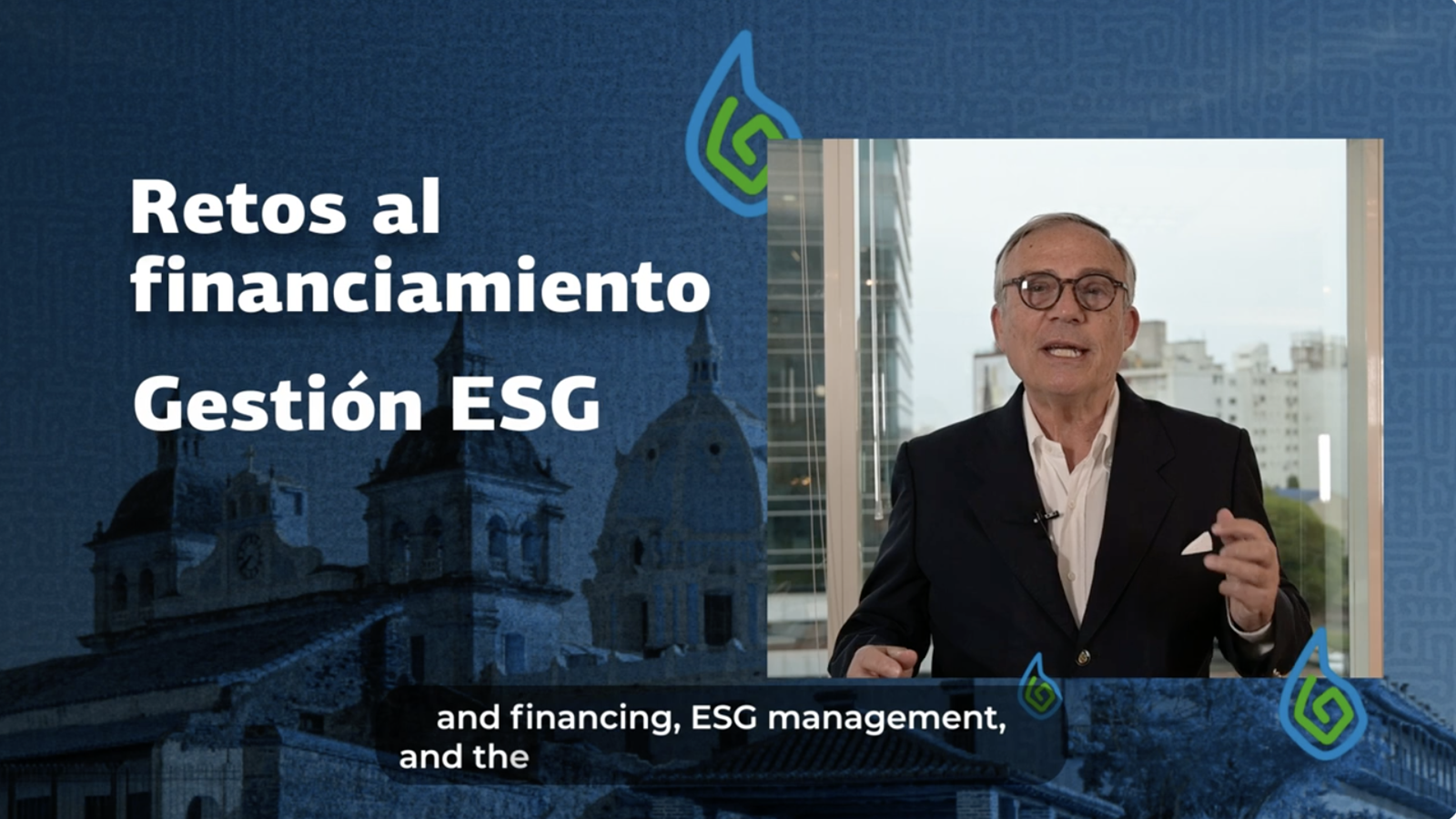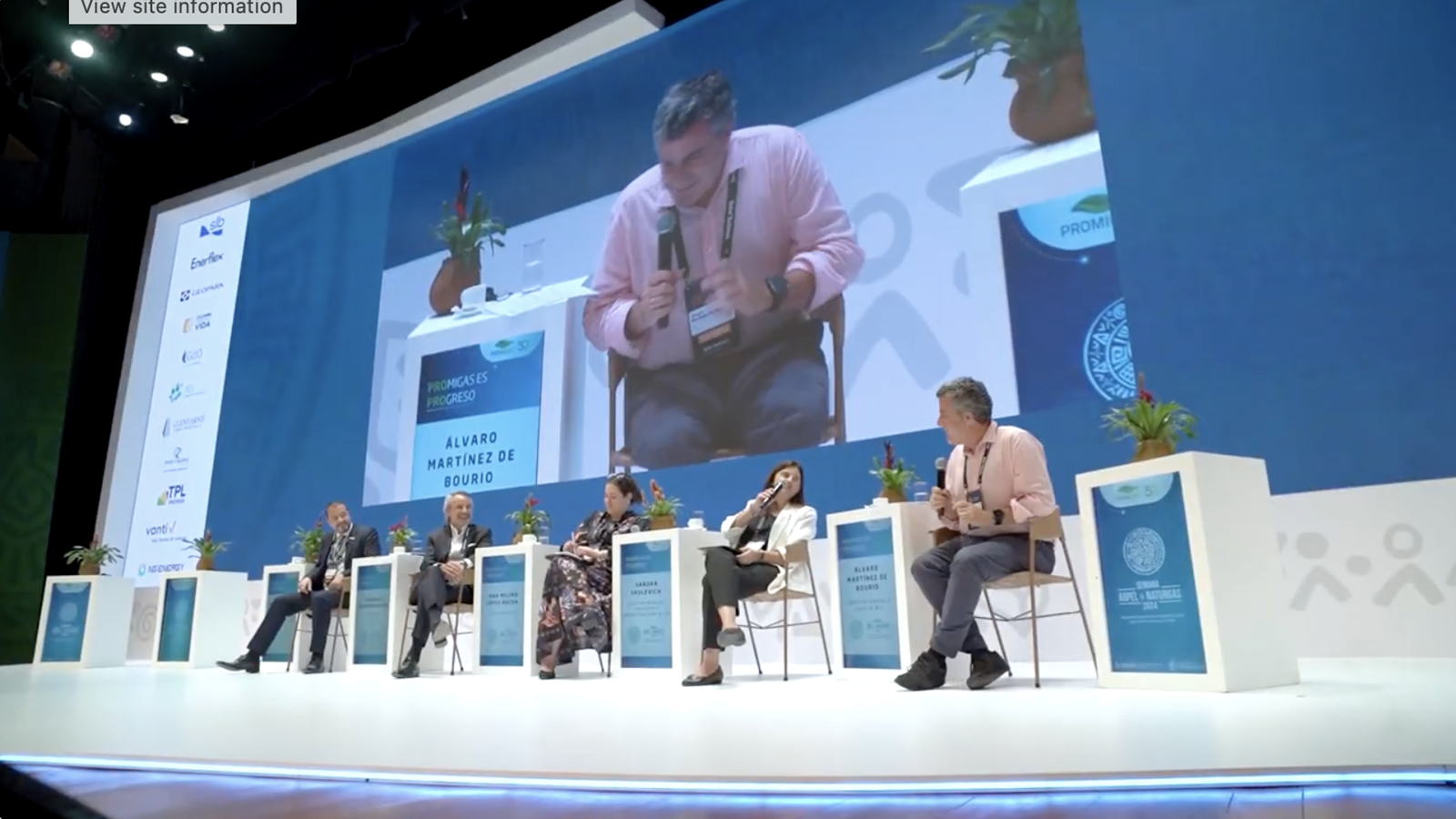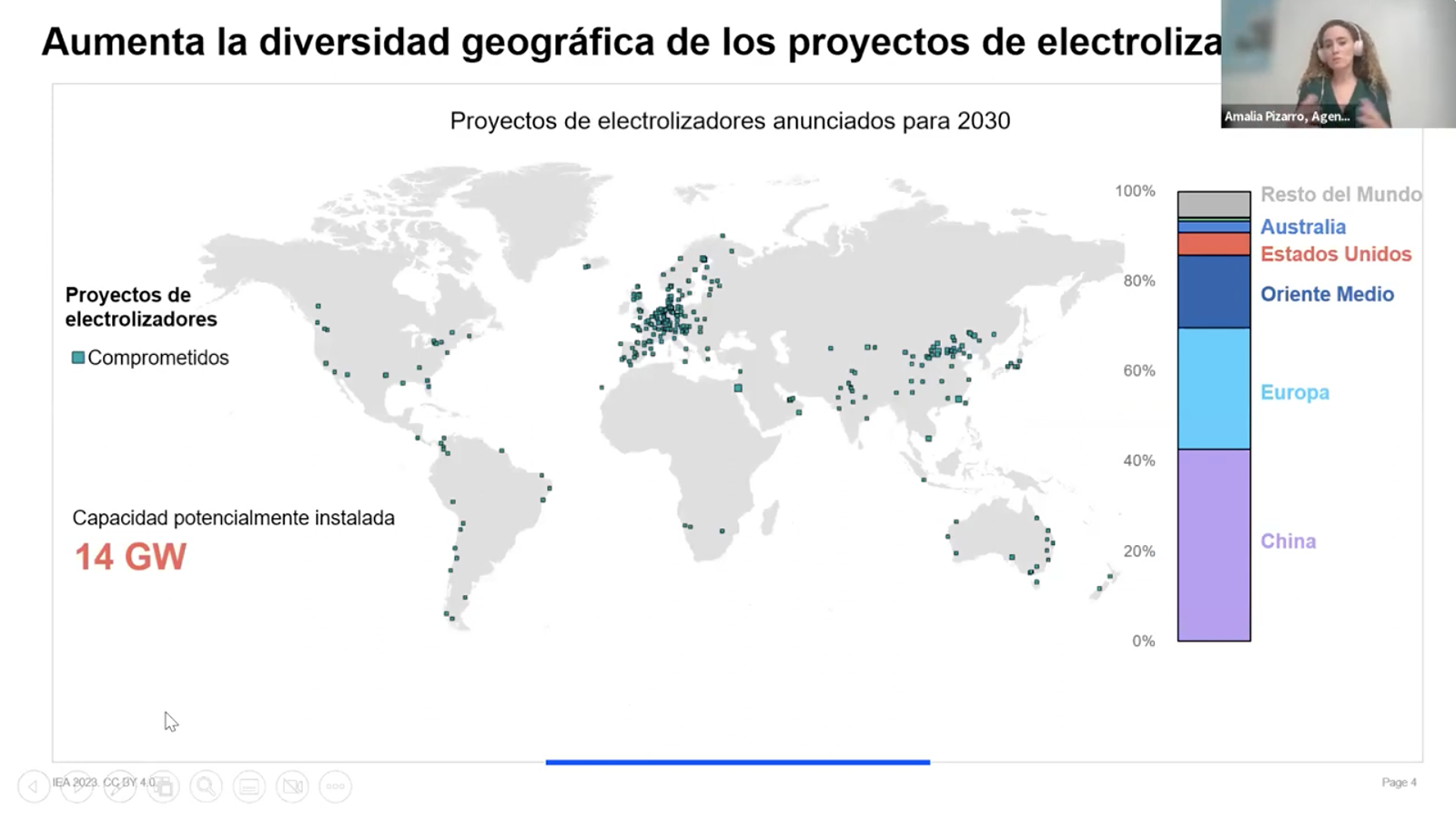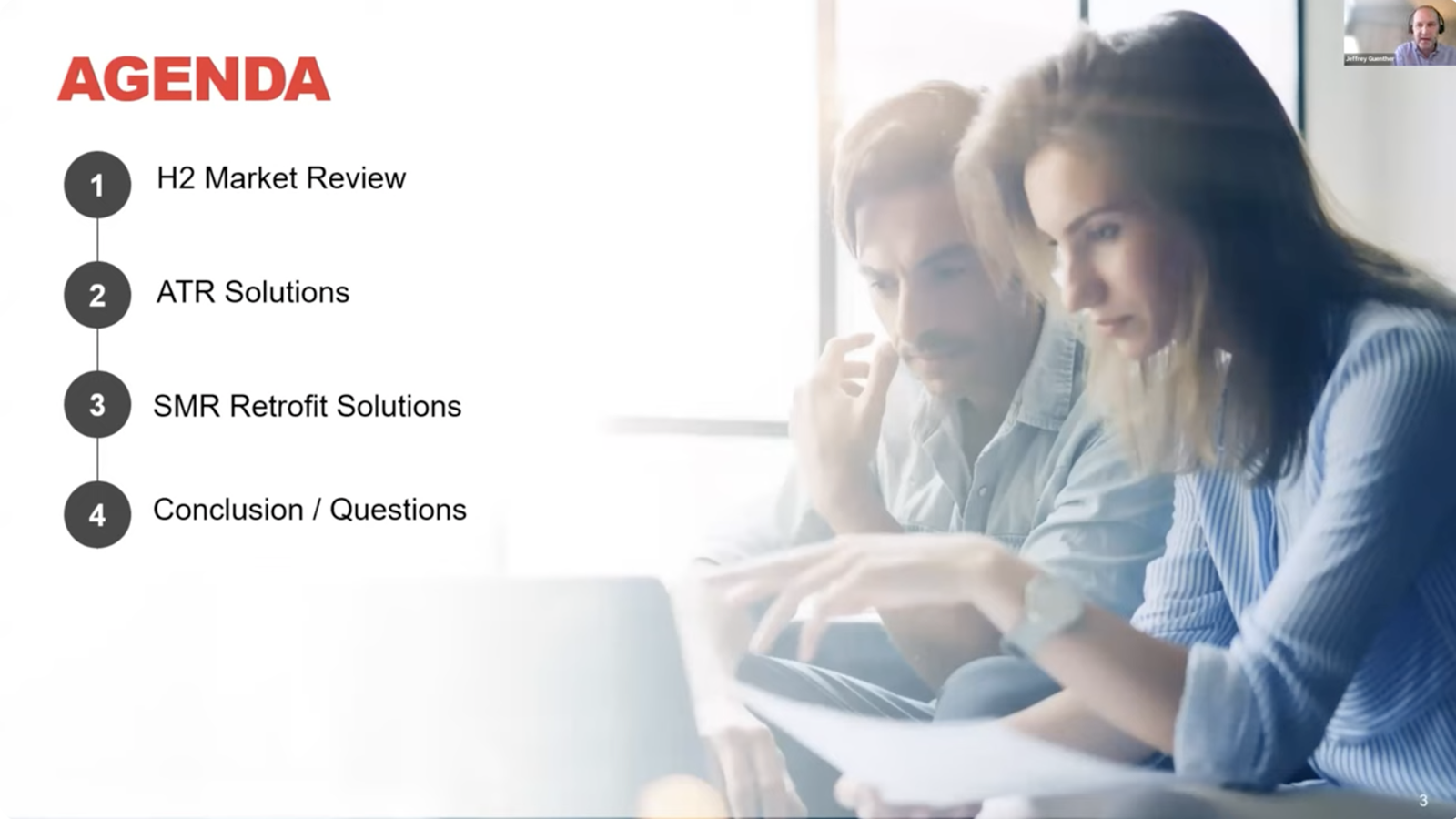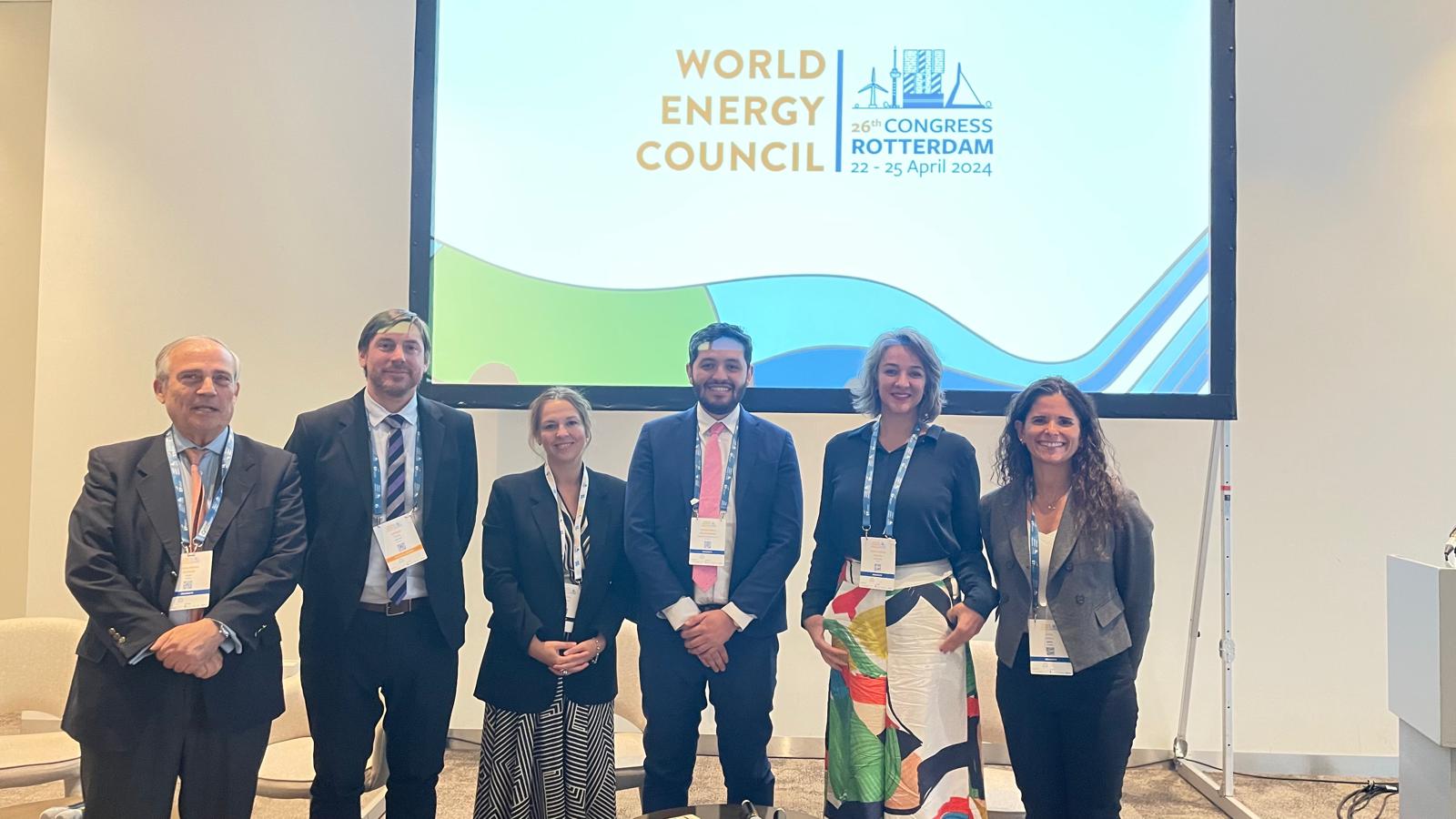
As part of the 26th World Energy Congress, Arpel held a side event dedicated to Just Energy Transitions in Latin America and the Caribbean.
The event, held on April 23 in Rotterdam, Netherlands, featured a panel comprising Silvina Oberti from YPF, Patricia Marques from Petrobras, Camilo Torres from GeoPark, and Santiago Ferro from Ancap.
Representing Arpel were Irene Alfaro and Carlos Garibaldi.
The objective of this academic activity was to present Arpel's recently published White Paper on this topic in an international setting.
This document (https://www.arpel.org/en/publications/just-energy-transitions-in-latin-america-and-the-caribbean), describes the consensus position of Arpel member companies regarding the concept of just energy transitions in Latin America and the Caribbean, developed within the framework of Arpel's Energy Transitions Committee.
The presentation of the White Paper was complemented with concrete cases from member companies to enrich the dialogue and identify global synergies and cooperation opportunities that promote the region's decarbonization without violating its right to sustainable development.
In the same week, Arpel participated in Ipieca Week 2024.
Irene Alfaro shared the Latin American perspective in the panel "Regional Perspectives on Achieving Net Zero Emissions" during the Climate Change Working Group meeting held on April 25 in London.
The panel also featured Bob Larocque from the Canadian Fuels Association representing North America; Hiroyuki Ishikawa from INPEX, Japan; Matthew G. Bateson from Aramco, Middle East; and Anibor Kragha from ARDA, Africa.
The panel was moderated by Arthur Lee from Chevron and Chair of the Working Group.
Arpel's representation in Europe concluded on April 26 at the first Global Summit on People-Centered Clean Energy Transitions, held by the International Energy Agency at its headquarters in Paris.
The important event was attended by more than 200 participants from 50 countries.
Some of the topics addressed during the Summit included leveraging the opportunity to achieve just and inclusive clean energy transitions; responses to changing labor dynamics; advances in gender equality; designing policies to maximize positive social impacts; and engaging people as active participants.





